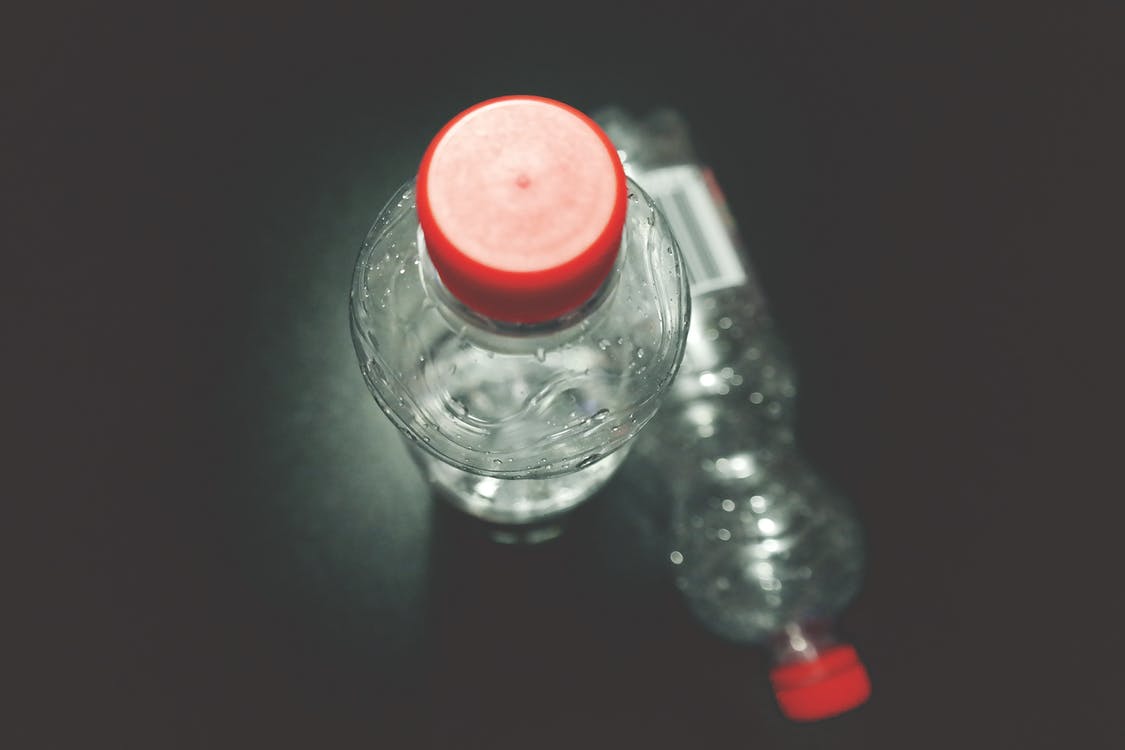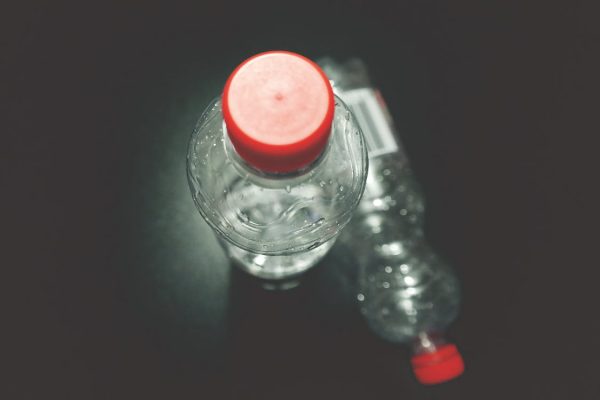The idea of putting a price on water still boggles our minds when we really sit down to think about it. But water isn’t always readily available, and there’s usually a cost to be incurred for holding it in containers or preserving its purity. And in our increasingly crowded, barely navigable cities, it’s not unusual to wind up with a parched tongue far away from a cost free source of water. When you’re caught up in this situation, you’ll gladly pay for a bottle of clear tasteless liquid.
This reality has spawned a whole industry, one that grossed a staggering ₦938 billion in 2016. This estimate was given by Euromonitor, an international market research company, in its report on packaged water in Nigeria. That report, published last year, revealed that the country’s economic recession hadn’t served a knockout punch to our desire to quench our thirst with bottled water. Despite a signifcant jump in the product’s price, we did gulp enough of it to keep the industry afloat.
Drinking water is big business
Packaged water sales have been helped by the lack of alternative sources of drinkable water, and the dehydrating traffic jams of our major urban centres. There’s also the little matter of our hot and humid climate, and a rapidly growing population, both of which aren’t likely to change anytime soon. Not surprisingly, experts project continuous growth for the industry over the next few years.
But the boom in bottled water sales isn’t just restricted to Nigeria. A report from the Business Research Company says that the global market for the product was worth $200 billion in 2017; another report, published by Transparency Market Research, suggests that this valuation could rise to $307 billion by 2024. While the drivers of growth in the industry worldwide are not exactly identical to the ones which stoke this trend in Nigeria, it’s clear that the consumption of bottled water has become a part of modern life, especially for city dwellers.
The market leaders
The Euromonitor report describes Nigeria’s market for packaged water as fragmented. There’s no dominant leader. It hints at a space filled with numerous players, all jostling for pieces of a fast growing potential customer base. Competition seems to be centred on pricing, but a perception of quality, brand longevity and integrity might be influencing customers’ buying decisions as well.
Although no business holds a really big single chunk of the market, some brands are prominent enough to be recognized as market leaders. The foremost of these is Eva, owned by the Coca Cola company. Other major names in the space include Cway water, Nestle, Ragolis, and Swan.
Imports of bottled water are banned in Nigeria. As a result, most of the products in circulation are made locally.


